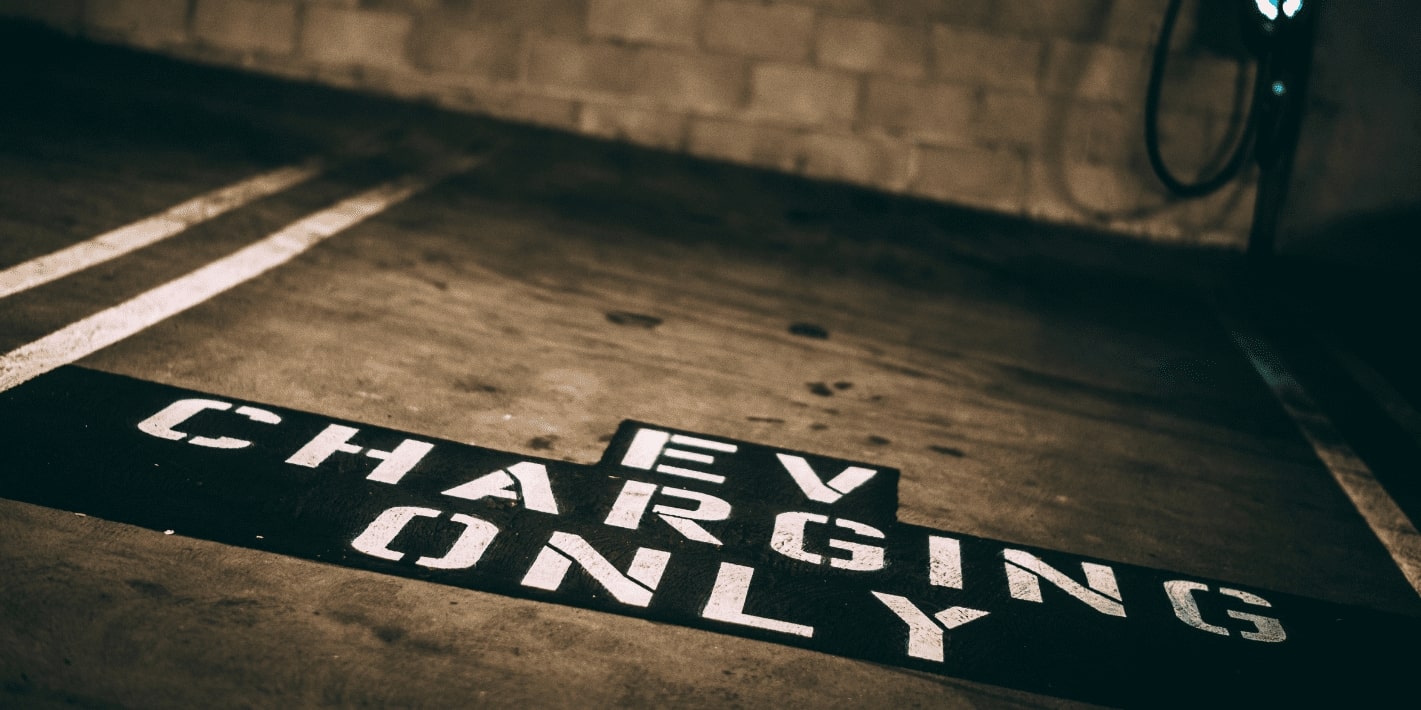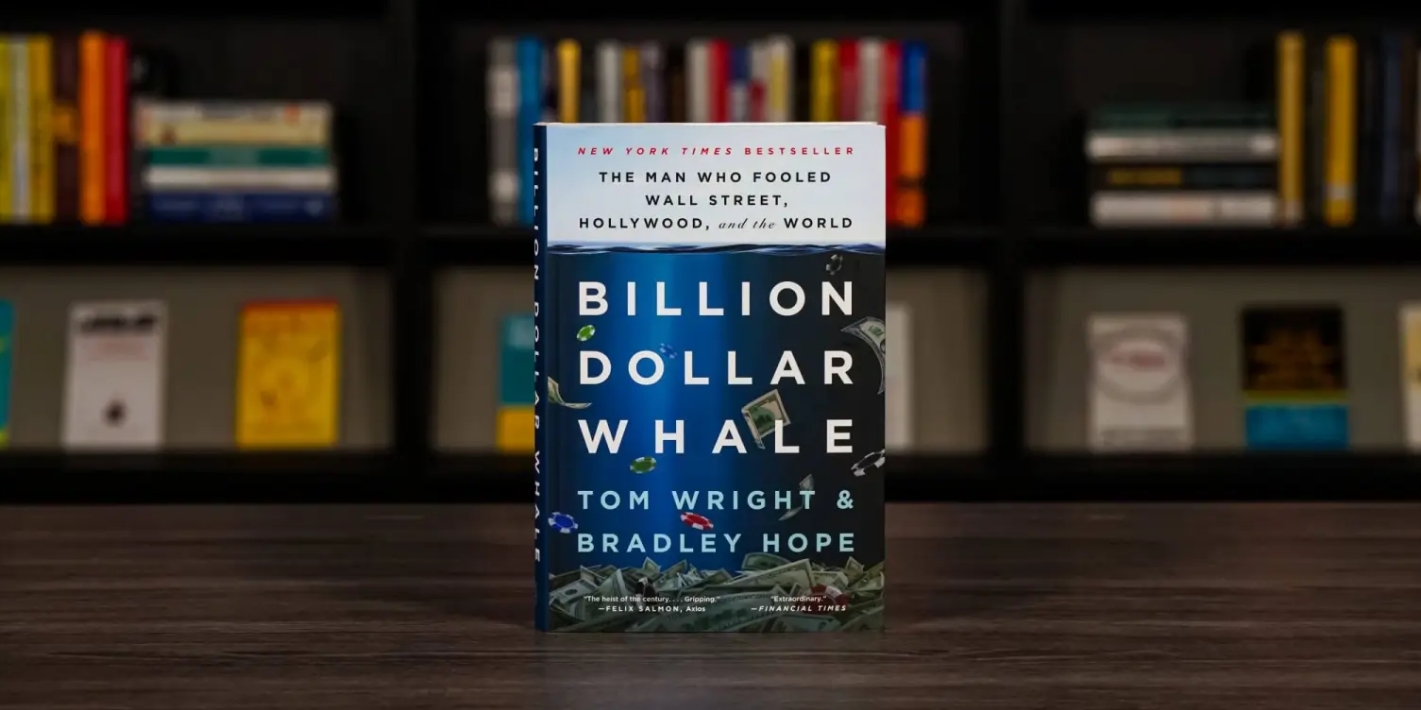BrandIdea is a business intelligence tool for marketing and sales information. They offer a SaaS-based business intelligence enterprise tool that helps companies analyze their markets & last-mile sales data. It Integrates and models data from a multitude of sources and client’s internal data to provide analytics to gain insights & maximize the ROI of marketing campaigns.Using advanced Data Science techniques, they generate visually enriched granular analytics streams that are dynamic, deep, and point to precise directions that help companies to make the right decisions. Critically, these analytics are granular – at the micro-market level, thus creating a bottom-up, aggregating impact of customized marketing actions. So not only can the companies re-visit their decisions at short intervals to course-correct or shift priorities periodically, they can do so at every geo-location, creating the bedrock for growth.

Founder: Suresh Pillai
Total funding raised: INR 2.25 Crores
2020 Status: Operational in Chennai
Number of rounds: 2
Co-investors: Mumbai Angels
Why did you invest in BrandIdea?
In a market as broad and diverse as (pre-digitalized) India, information at the last mile was always challenging to collect, and the data that existed was inaccurate. BrandIdea provided a solution using which large brands could gather granular and in-depth information about that last mile. This information not only helped the brands with their marketing efforts but also their inventory and other aspects of their business.
BrandIdea was the first enterprise tech company that I invested in. The decision was driven by the fact that their enterprise clients had massive marketing budgets and teams that would be willing to pay for that level of granular data.
What were the risks involved with an investment in BrandIdea?
As with any B2B SaaS play, there are a few issues we knew we would face.
- One of them is the long decision-making timelines that large conglomerates like Colgate, Tide, HUL, Unilever, etc. have. However, it is worth being said that once the partnership is complete, these partnerships can be very lucrative.
- Enterprises have long gestation periods to make a decision; therefore, another risk with Enterprise SaaS is the sales-cycles are going to be extended. You need to maintain firm control on the burn and accommodate for completing those decision cycles.
- Another risk is that Enterprise SaaS companies can become profitable but not scalable. This could turn it into a lifestyle business, where the founder makes enough money to live comfortably but doesn’t grow, and as a VC investor, you’re stuck. B2B SaaS plays need to move quickly towards $1M per year in revenue before they can be considered a moderate success. The longer it takes to get there, the lesser the chances of it getting further VC interest.
What are your learnings from your investment in BrandIdea?
As I mentioned earlier, there are long gestation periods, and it’s a lot of relationship-building with enterprise SaaS companies. It takes a while to get a lot of clients, and the slower that process is, the worse it is for a VC investor.This was also the first time we invested in a family-operated business, by Suresh and his daughter, and his daughter eventually left the company.We learned how to evaluate such companies better. If a company gets into a lifestyle-business model, how do you, as an investor, get your money back; or get good enough dividends. We are still learning that.
Would you invest in a ‘BrandIdea’ if it came to you today?
When it comes to enterprise SaaS, we’ve learned that it’s a long process to build a company, and as traditional investors, our IRR expectations are upwards of 75% per year. While BrandIdea didn’t burn too much capital, they didn’t grow fast enough for our liking. Therefore, we don’t think that we are the right investors for them, and they aren’t the right investments for us.
What are the exit opportunities that can be foreseen for BrandIdea now?
The possible exit opportunities would either be a founder/company buyback, or the business gets rolled up into a large company offering a suite of products to similar enterprises.






